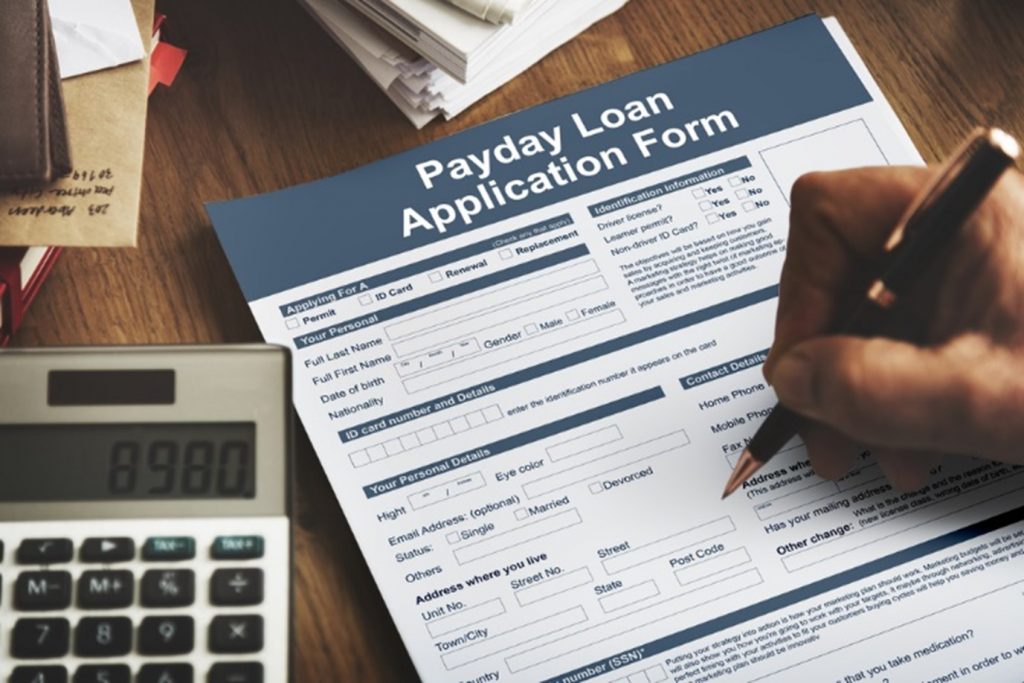Can’t decide whether to take out a cash advance or payday loan? Given how may financial options are now available, finding the right one for your circumstances can be a confusing process. Cash advance loans and payday loans both have different benefits and conditions. To help you make the right decision, learn more about each type of loan below.
What is a Cash Advance?

Cash advances provide a fast way of acquiring a loan when you don’t have money to pay for something essential. This type of loan is suitable if you need a small amount of money urgently. Often referred to as a short-term loan, a cash advance loan can be taken out through your existing credit card.
Got a broken down car? Need emergency home renovations? Or maybe you’ve just received an unexpected medical bill? If your savings won’t cover the cost, a cash advance loan may be your best option.
Before applying for a cash advance, make sure your lender is legit and not a scammer. You should also check the terms and conditions of your loan to familiarise yourself with the repayment process. Find out what the interest rate is and if there are any penalties for missed repayments. Only take out the loan if you think you can manage the repayments.
What is a Payday Loan?

In Australia, payday loans are short-term loans that typically lend small amounts (usually between $100 and $2,000). You can take out a payday loan and get access to funds on the same day if you’re running out of cash.
Charges and fees on payday loans are capped by the government in Australia. Generally, the fees included in a payday loan include:
- Establishment fee (20% of the loan amount)
- Monthly account keeping fee (4% of the loan amount)
- Government charge
- Default fee
- Enforcement expenses.
Lenders are not permitted to charge interest on the loan.
Payday loans can be deposited directly into your bank account or deducted from your salary. Your reimbursements will normally be deducted on the day you get your paycheque, so ensure there is sufficient money in your bank account to avoid defaulting on your loan.
What’s the Difference Between a Cash Advance and Payday Loan?

Now that you know more about each loan, we can explain some of the key points of difference when it comes to cash advance vs payday loans.
Borrowing Limits
Cash advance loans have pre-set borrowing limits and can usually be accessed at any time. You may be suited to this type of loan if you’re not sure how much money you’ll need. It’s like a credit card, providing you with access to funds whenever you need extra cash. After you’ve repaid a cash advance loan, you may be able to withdraw money again if you need more funds later.
A payday loan gives you a lump sum, which can be helpful if you need a one-off amount. Payday loans can be used for all kinds of things, such as home repairs and renovations, medical costs, debt consolidation and holidays.
Repayments and Interest
Both loan types entail regular repayments. Cash advance loans are usually paid back in monthly repayments, with charges depending on the borrowed amount, your previous balance, accruing interest, and other factors.
The interest rate on a payday loan can be fixed, where it remains stable throughout the loan term. It’s also possible to get a variable interest rate with payday loans, which means the amount of interest can rise or fall depending on market rates.
Loan Terms
Cash advances have no set term and you can borrow again after the funds (plus interest) have been repaid. You’ll repay a set amount or around 2% of your monthly balance, whichever is greater.
In contrast, payday loans have a fixed term and must be repaid in full by the end of the loan term. Your monthly repayments will be set out in the loan contract, so you’ll know how much will need to be paid back each month. The interest rate on a cash advance, given the added convenience, can be slightly higher than on a payday loan.
If you found this article useful, check out some of our other blog posts for more financial tips that can help you achieve your goals.
Disclaimer: Please be aware that Cigno Loans’ articles do not replace advice from an accountant or financial advisor. All information provided is intended to be used as a guide only, as it does not take into account your personal financial situation or needs. If you require assistance, it is recommended that you consult a licensed financial or tax advisor.
